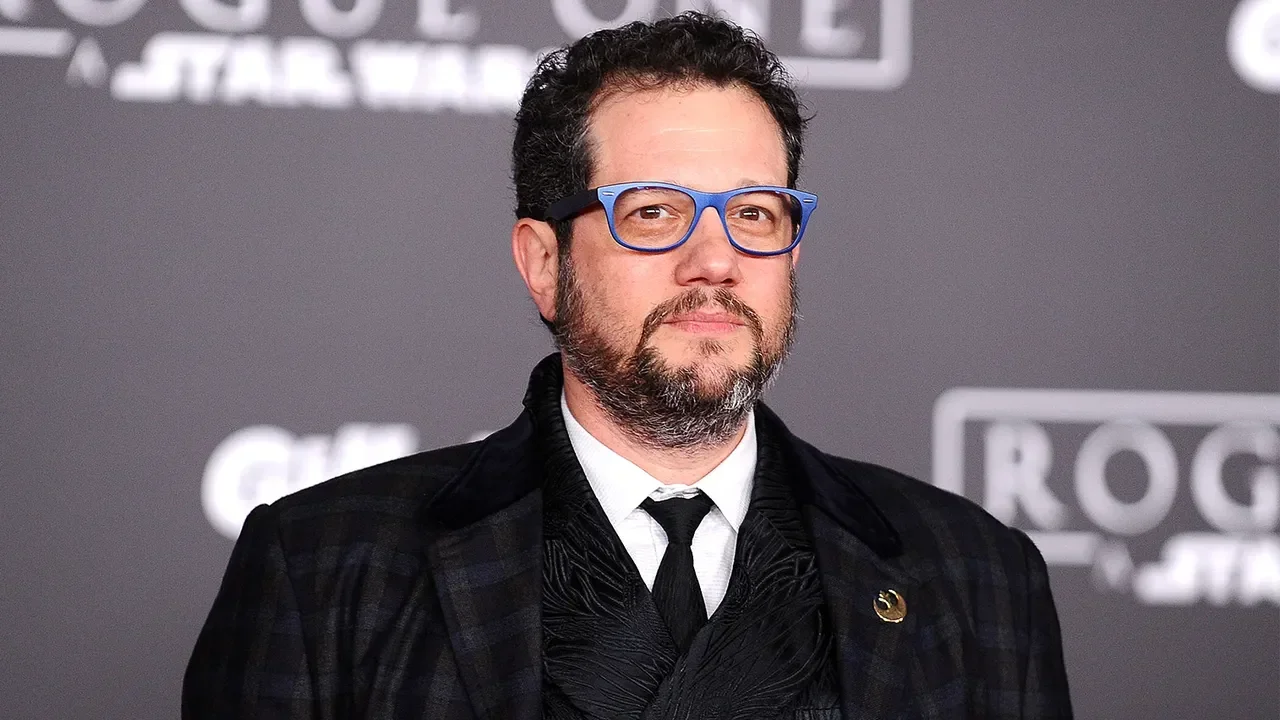'Wicked' Spoiler Review
Image Source: The Direct
Wicked Part One soared into U.S. theaters on November 22, 2024. The film adaptation is split into two parts, with Wicked Part Two to premiere on November 21, 2025. This is the second time the 1995 novel Wicked: The Life and Times of the Wicked Witch of the West by Gregory Maguire has been adapted, following the musical Wicked that has been touring since 2003. The film marks a significant casting transition for the iconic roles of Elphaba and Glinda, with Cynthia Erivo and Ariana Grande succeeding the legendary performances of Idina Menzel and Kristen Chenoweth.
Director John M. Chu envisioned a truly comprehensive adaptation, passionately insisting on expanding the character development and exploring the narrative’s rich complexity. The film Wicked Part One concludes with the end of Act One of the Broadway musical, dramatically ending with Elphaba’s powerful number “Defying Gravity.” A year-long intermission is an interesting choice, but it has afforded the filmmakers significant creative decisions that would have been impossible in a single-film format. Wicked songwriter Stephen Schwartz illuminated the strategic decision to split the film at this pivotal moment, commenting that “Defying Gravity” as the highlight of Elphaba’s journey was “written specifically to bring a curtain down,” and there was nothing that could follow it without being “hugely anti-climactic.”
RELATED:
Image Source: Variety
One of the most beautiful things about bringing Wicked to the big screen is that the audience gets close-ups of the characters. We see not only the big picture- how the actors move around each other and around the set- but also the little things: how the actors look at each other, their facial expressions, their smirks, their shadows. Viewers aren’t privy to these details in a traditional theater performance, and it helps to express the love-hate relationship between Glinda and Elphaba in a new light.
As much as we love musical theater, there’s something even more intimate and iconic about the way cameras can pan over a city and zoom into one or two characters, even just capturing a single tear- something viewers may take for granted in other films. We even hear Glinda’s voice before we see her or anyone else, and it’s brilliant. This cinematic approach perfectly mimics the entire theme of Wicked, that everyone has their own story and that there are deeper layers within each of us waiting to be discovered.
Image Source: Variety
For those who want to peek behind the emerald curtain, here's a closer look at the intricate world of Wicked Part One - Spoilers follow below the image.
In Wicked Part One, much time is spent showing Elphaba’s background in the film, like her father despising her and her accidental trysts with magic, which pays off. The movie takes on the plot hole in the musical of how Elphaba ended up at the prestigious Shiz University. In Wicked Part One, she isn’t enrolled until Madame Morrible (Michelle Yeoh) takes notice of her talent; Elphaba is only there to see that Nessa gets settled. It seems that from the moment Madame Morrible sees Elphaba’s magic, she’s already begun thinking of ways to have her meet the Wizard (Jeff Goldblum) and immediately begins her training.
One facet of Elphaba’s powers not seen in the stage version is her visions of the future. These predictions serve to move the plot along while also expressing how powerful she really is, even just upon her arrival at Shiz. These honestly may not have been necessary, but for eagle-eye viewers, there are hints of events to come.
Image Source: Variety
A significant departure from The Wizard of Oz lies in the newest Wicked adaptation’s approach to representation and diversity. In the film Wicked, the Munchkin people are portrayed as “innocent” people of a rich, vibrant farming culture rather than being defined by their physical stature. Once Ethan Slater was cast as Boq, one of the Shiz students from Munchkinland, the production team modeled most of the Munchkins after his likeness, with pale skin and red hair.
The commitment to diverse representation extends beyond the on-screen narrative, bringing a range of racial and ethnic backgrounds, queer identities, and authentic disability. Marissa Bode is the first wheelchair user to play Nessarose in an adaptation of Wicked. “Casting authentically and showing an authentic disabled person is very important,” Bode notes, “but it’s also very important how we’re shown.” She has explained that there have been a few changes in Wicked Part Two that she is very happy with, despite not being able to speak more on it quite yet.
Image Source: Instagram
“One Short Day,” sung by the Emerald City players as Elphaba and Glinda enter Oz, now has an extended verse in the song that explains the history of Oz and the magic of the Grimmerie. The cameos in this scene really shine, as Menzel duets with Erivo and Chenoweth duets with Grande, but it’s such a pure moment to have the Wicked “godmothers” telling the story of Oz in this number. Sharp eyes will notice a few other cameos in this scene, like Stephen Schwartz (the original Wicked composer) and Winnie Holzman (the writer of the musical’s book).
All of this to say, Wicked Part One really hit the mark, enchanting die-hard fans of the musical and those experiencing the story of Oz for the first time. The film masterfully pulls elements from the source material, including subtle nods to The Wizard of Oz. Wicked doesn’t lose any of the theatrical magic that has captivated musical audiences for over 20 years. With Wicked Part Two on the way next year, the anticipation is building with the promise of new songs, intriguing changes, and an epic conclusion.
Image Source: GLAAD
Rating: 9.5/10
READ NEXT:
Sources: Buzzfeed, Elle, Screen Rant, Variety 1 and 2



















